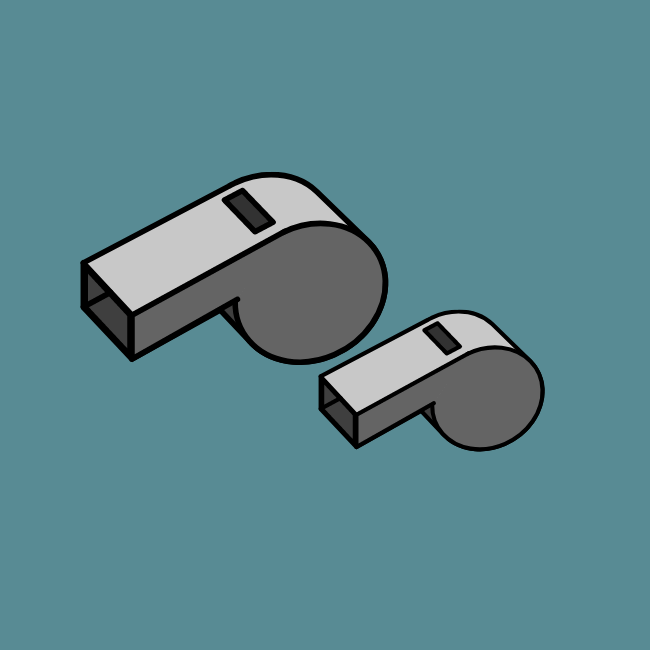Prepare your homes for incoming storms

Over the last few weeks, the weather has remained unpredictable. And, as the -ber months roll around, storms may come and enter the Philippine Area of Responsibility. During such storms and typhoons, homes may become damaged or destroyed due to high winds and heavy rains. Of course, we should take preventive steps to prepare for any potential consequences of extreme weather.
Prepare your homes for incoming storms
Inspect your house for necessary repairs.
If you can do it yourself, fix them immediately. But, of course, hiring an expert will make sure you won’t have a leaky roof, cracked walls, broken doors, and windows. Even small leaks can lead to big problems. This, of course, includes mold, rotted framing, sheathing, destroyed insulation, and damaged ceilings. The, cracked walls degradation of materials in your home. So, protect your homes by inspecting them and fixing them immediately.

Elevate home furniture and appliances.
Storms and typhoons cause floods. So, elevating home furniture and appliances can help with protecting them. Floods can ruin the furniture and appliances that make up your home.
Water does not automatically destroy devices. However, it can trigger problems. Even if electronic appliances survive a water incident, there is a chance of problems in the future. Water causes corrosion, a chemical reaction, with metal and the circuit board.

Water damage can cause wood to rot, weaken, and warp until it becomes irreparable. When this happens, your best bet is to rip the wood out whether it’s your flooring or a piece of furniture. There is not much you can do to fix it. And, if it doesn’t dry properly, it can lead to mold.
Store food and water supply with a long shelf-life.
The last thing people think about in an emergency situation is consuming the proper quantities and varieties of food to meet the daily recommended amounts.
Experts suggest stocking your emergency pantry with a variety of nutrient-rich foods and recommend keeping the following amounts of food and water per person, per day.
This should include canned meats and beans, canned vegetables and vegetable juices, canned fruits and fruit juices, canned dry milk, ready-to-ear grains like cereal, pretzels, instant oatmeal, and one gallon of water per day.

Prepare an emergency kit.
During a storm or typhoon, you and your family may need to survive for several days. Being prepared means having food, water, and other supplies to last for several days. You would have to give a basic disaster supplies kit. Aside from water and non-perishable food, you would need battery-powered radios, flashlights, extra batteries, extra boxes of masks, a cell phone with chargers, and a backup battery.

You would also need moist towels, garbage bags, and plastic ties for personal sanitation. If you have pets, you would need food and extra water for your furbabies. Keep your important family documents such as copies of insurance policies, identification, and bank account records. These are not the only things you would need. So, keep yourselves ready at all times.
Get everyone in the family a whistle
Whistles are one of the best items you can have with you in an emergency or survival situation. It provides a very loud sound that requires very little blowing effort. The sound of a whistle attracts the attention of those close to your location. Blowing a whistle three times is an internationally-recognized distress signal.

Charge all electronic gadgets and emergency batteries.
Nothing is worse than having to survive during storms with uncharged gadgets. You have to check important information and stay in contact with friends and family. So, to prevent this scenario, keep a portable power bank and emergency batteries. Remember to charge it up before anything else.

Save important emergency contact numbers on your phone.
NATIONAL DISASTER RISK REDUCTION AND MANAGEMENT COUNCIL (NDRRMC)
Trunk lines:
(02) 8911-5061 to 65 local 100
Operations Center:
(02) 8911-1406, (02) 8912-2665, (02) 8912-5668, and (02) 8911-1873
Office of Civil Defense – National Capital Region:
(02) 8421-1918
(02) 8913-2786
Office of Civil Defense – Region I:
(072) 607-6528
Office of Civil Defense – Region IV-A:
(049) 531-7266
NDRRMC Region IV-B:
(043) 723-4248
NDRRMC – Cordillera Administrative Region:
(074) 304-2256, (074) 619-0986, (074) 444-5298, (074) 619-0986
METRO MANILA DEVELOPMENT AUTHORITY (MMDA)
Hotline:
136
Viber:
(02) 8882-4151 to 77
local 337 (Rescue), local 1096 (Metrobase), local 1135 Road Safety), local 1168 (Public Safety), local 1169 (Road Emergency), and local 1162/ 1163 (Flood Control).
Heavy rains have recently become present. And, flash floods and floods become an all-too-real possibility. And, when you live in areas that flood really easily, these dangerous weather occurrences can come suddenly and often without warning. So, prepare your home for incoming storms.
Angela Grace P. Baltan has been writing professionally since 2017. She doesn’t hesitate to be opinionated in analyzing movies and television series. Aside from that, she has an affinity for writing anything under the sun. As a writer, she uses her articles to advocate for feminism, gender equality, the LGBTQIA+ community, and mental health among others.






